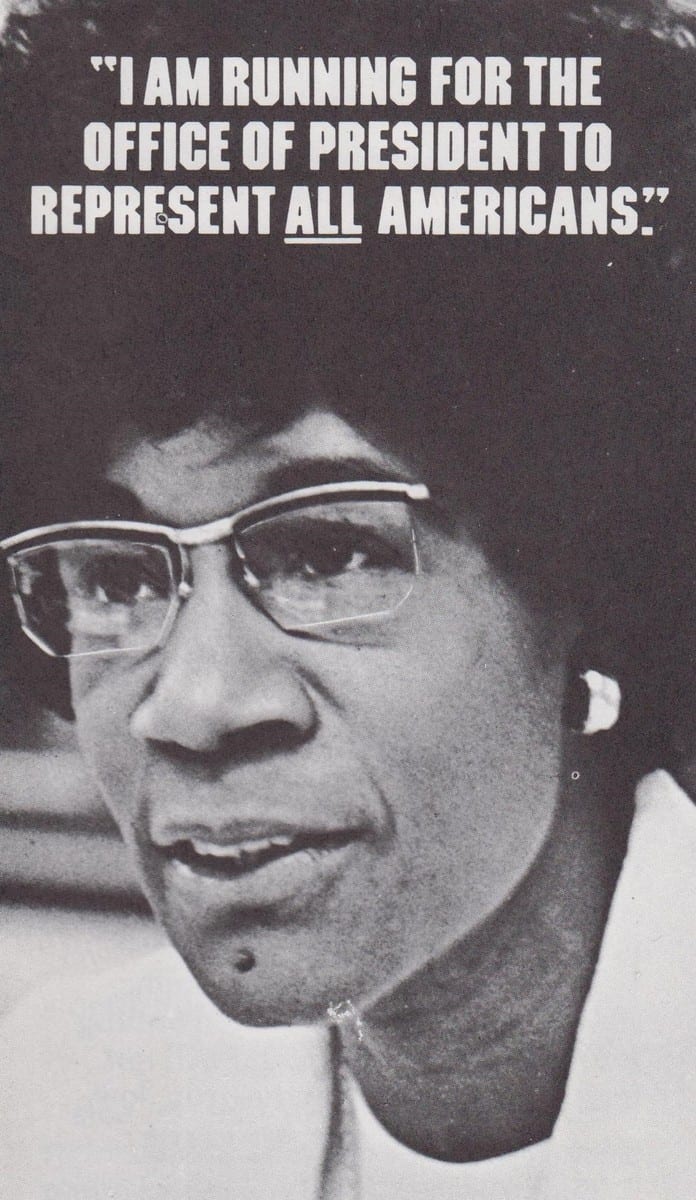Sunday, November 30 is the 90th anniversary of the birth of Shirley Chisholm. The following blog post was written by Anna Bostwick Flaming. Image via usps.com Shirley Chisholm, the “unbought and unbossed” African American congresswoman and 1972 Presidential candidate from the Bedford-Stuyvesant neighborhood of Brooklyn is the subject of a 2014 limited edition stamp. Chisholm’sContinue reading ““Unbossed and Unbought”: Shirley Chisholm and the Voice of the People”
Tag Archives: Louise Rosenfield Noun
Remembering Emma’s early days
This post was written by Jessica Lawson, Graduate Research Assistant in the Iowa Women’s Archives. The Iowa Women’s Archives had an exciting visit at the end of July! Five women who were active in the feminist community in Iowa City in the 1970s and were early supporters of the Emma Goldman Clinic for Women visited theContinue reading “Remembering Emma’s early days”
Update from the Iowa Women’s Archives, October 2012
On a sunny day 20 years ago, the Iowa Women’s Archives celebrated its opening with a symposium on Iowa women in political life featuring IWA founders Louise Noun and Mary Louise Smith. En route to the symposium, Smith stopped on the Pentacrest to speak at a rally in support of the Equal Rights Amendment, whichContinue reading “Update from the Iowa Women’s Archives, October 2012”
